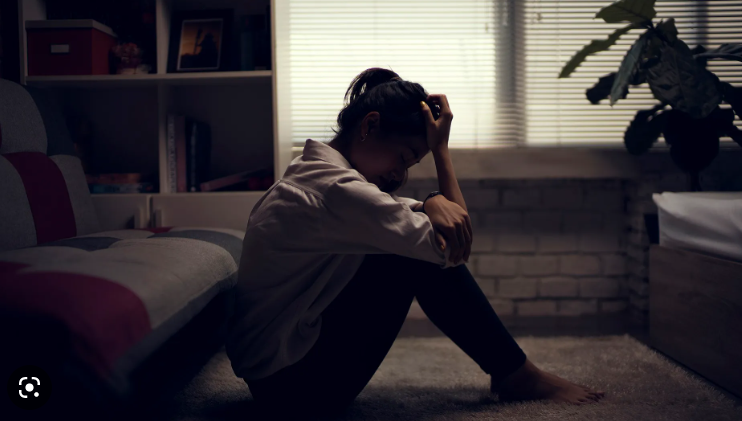Why do people get depression? The answer is very scientific, it is worth a look
The pressure of modern life is getting bigger and bigger. Some people have depression and choose to commit suicide. How should we avoid depression in our life? If the body shows some signs, how can we avoid it? Depression is a serious illness that affects more than 300 million people worldwide, and while everyone feels sad at times, those with severe depression or clinically symptomatic depression can remain depressed for months or even years. It's not something that can be shaken by changing your habits.
For many people, what made them happy in the past no longer makes them happy, and they may feel hopeless and exhausted, have trouble sleeping, have no appetite, lose motivation for their future and tomorrow, and for them the degree of Living each day or completing daily tasks can be difficult and at worst can lead to the end of your life. This is indeed a delicate topic, so we should take it seriously.

First, why are people depressed? It's true that people fall into depression for no definite reason, it can be triggered by something or stress, but there may also be no definite cause, and it's real and serious anyway. 1 in 10 people have experienced depression at least once in their lifetime! This sounds incredible.
For decades, some scientists thought the disease was caused by an imbalance of certain chemicals in the brain, such as serotonin, a body function that helps regulate mood, and many drugs for depression increase these chemicals, but they usually take a long time to work, probably because what chemicals do is actually create new neurons in the brain, making new connections.
There are also theories that underlying cause of depression may be a malfunctioning brain circuit. Depressed people have weaker connections in areas of the brain associated with reward and memory, but stronger connections in areas associated with punishment. Areas of attention and emotion become hyperactive. This may be why the patient's negative thoughts remain in the mind, no matter how hard they try to get rid of them.
Now that people are demanding more and more health indicators, some scientists are trying to find treatments for these brain circuits in different ways and in different ways to bring relief to patients. But depression is more than just negative emotions and can lead to chronic pain, immune system problems, heart disease and hormonal imbalances. In fact, physical symptoms are often a precursor to major depression. In a study of about 1,200 people who have depression, nearly 70% went to a doctor to check for physical problems but did not go for mental problems.
So does depression cause physical problems, or does physical problems cause mental problems? Maybe both. For example, researchers have long believed that stress can lead to stomach problems, but there is also evidence that stomach discomfort can also cause mood swings. Because of the close mind-body connection, mental illness is often perceived as a physical disease, even though there is no problem with the body itself, those physical and emotional pain are similar in the brain and must be treated simultaneously for both physical and psychological symptoms to be relieved.
No matter how depression manifests, the most important thing is to get the right help, many people suffer silently because they think admitting depression is a sign of weakness, but it's not, you're not alone, talking to a professional can help you heal from depression.
Depression can be excruciatingly painful, but there are many ways to help.
#創作
#depression
Like my work? Don't forget to support and clap, let me know that you are with me on the road of creation. Keep this enthusiasm together!